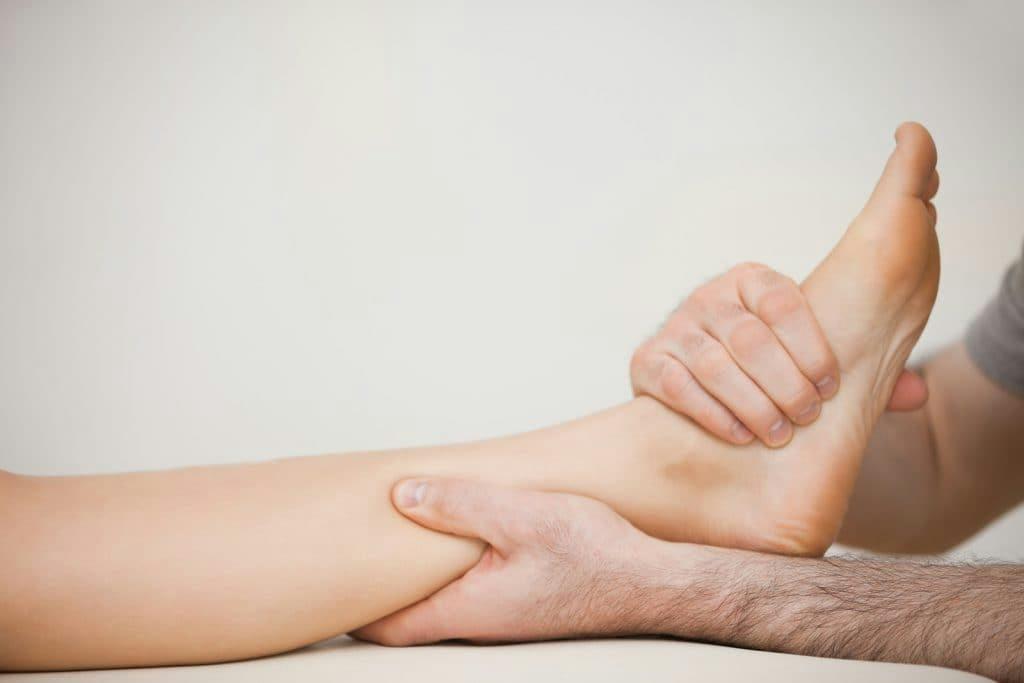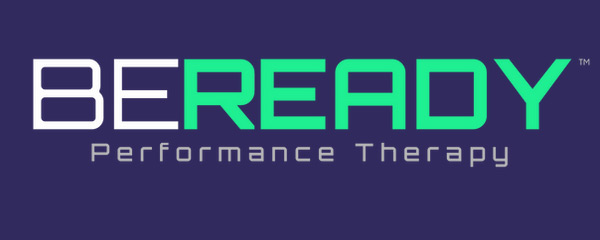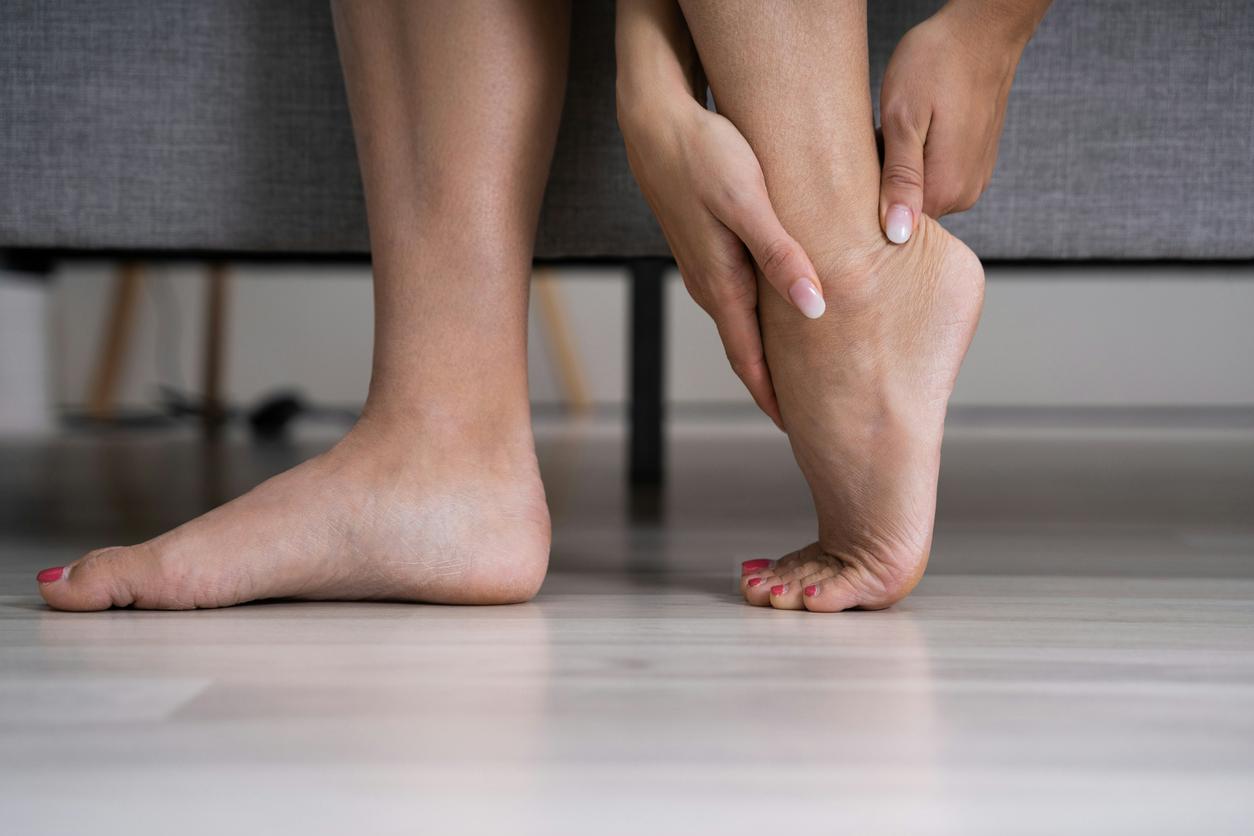Introduction
If you’re an avid runner, you know that nothing can put a damper on your passion quite like Achilles tendon pain or nagging heel discomfort. The good news? Physical therapists specialize in understanding the intricacies of running-related injuries and are your go-to partners in overcoming these hurdles. In this blog, we’ll delve into the world of Achilles tendon and heel pain in runners, exploring how physical therapists employ targeted interventions to keep you striding strong and pain-free.
Understanding Achilles Tendon and Heel Pain in Runners
Achilles tendon pain and heel discomfort are common issues among runners, often stemming from overuse, improper footwear, or biomechanical imbalances. Physical therapists are well-versed in deciphering the underlying causes and tailoring treatment plans to address these specific concerns.
Tailored Treatment for Achilles Tendon Pain:

1. Biomechanical Assessment: Physical therapists conduct a thorough biomechanical assessment to identify gait abnormalities or imbalances contributing to Achilles tendon pain. Things included in this might be an analysis of tendon alignment, foot pronation and supination during gait, and hip stability. This allows for a targeted approach to correction.
2. Strength Training: Weakness in the calf, hip, and core muscles or imbalances in muscle strength can exacerbate Achilles tendon issues. Therapists design strength-training exercises to enhance muscle function and support the Achilles tendon.
3. Flexibility Exercises: Tightness in the calf muscles or Achilles tendon itself is a common culprit in pain. Physical therapists incorporate flexibility exercises to alleviate tightness and improve range of motion.
4. Gait Analysis: Analyzing your running gait helps therapists identify any abnormalities that may contribute to Achilles tendon pain. Corrections in running form can significantly reduce stress on the tendon.
Addressing Heel Pain, Including Plantar Fasciitis:
1. Plantar Fascia Care: For heel pain related to conditions like plantar fasciitis, therapists guide runners through targeted mobility exercises to alleviate tension in the plantar fascia and reduce pain.
2. Footwear Evaluation: Ill-fitting or worn-out running shoes can contribute to heel pain. Physical therapists offer guidance on proper footwear to provide adequate support and cushioning for the foot.
3. Orthotic Recommendations: In some cases, custom orthotics may be recommended to correct biomechanical issues and provide additional support, reducing strain on the heel. Orthotics often are not a long-term solution but can offset issues in the short-term in some cases.
Preventive Strategies for Runners:

Physical therapists don’t just focus on treating current pain – they also empower runners with preventive strategies:
1. Proper Warm-Up and Cool-Down: Effective warm-up and cool-down routines are crucial in preventing Achilles tendon and heel pain. Therapists guide runners on incorporating dynamic stretches and cool-down exercises into their routine.
2. Gradual Progression: Avoiding sudden increases in running intensity helps prevent overuse injuries. Physical therapists assist runners in creating structured training plans that allow for gradual progression.
Collaboration with Runners and Running Coaches:
Physical therapists work collaboratively with runners and running coaches to ensure a holistic approach to injury prevention and treatment. By understanding an athlete’s training regimen, goals, and unique challenges, therapists provide personalized care that seamlessly integrates into their running lifestyle.
Conclusion:
In conclusion, Achilles tendon and heel pain should not sideline your passion for running. Physical therapists are your dedicated partners in overcoming these challenges, offering targeted interventions, personalized strategies, and preventive measures. If you’re experiencing Achilles tendon pain or heel discomfort, consider consulting with a physical therapist to keep your stride strong and pain-free. Your journey to pain-free running begins with understanding the importance of addressing these issues with the expertise of a skilled physical therapy team.


